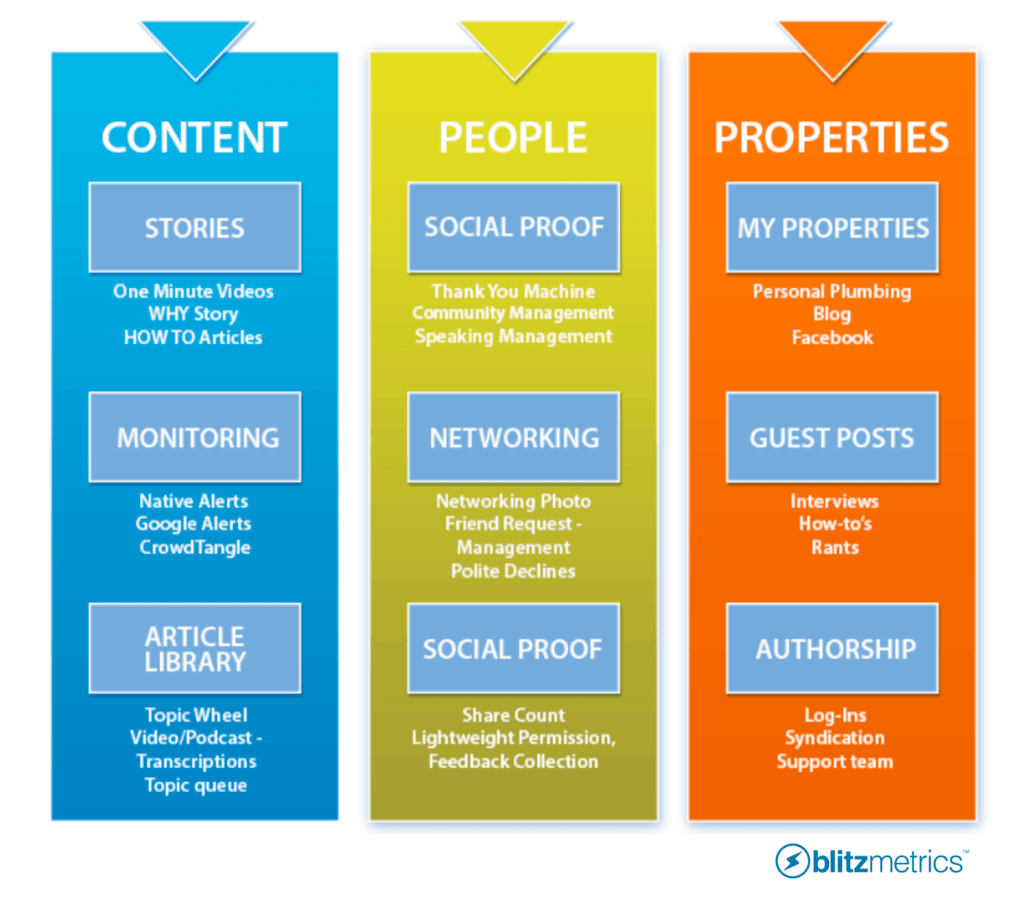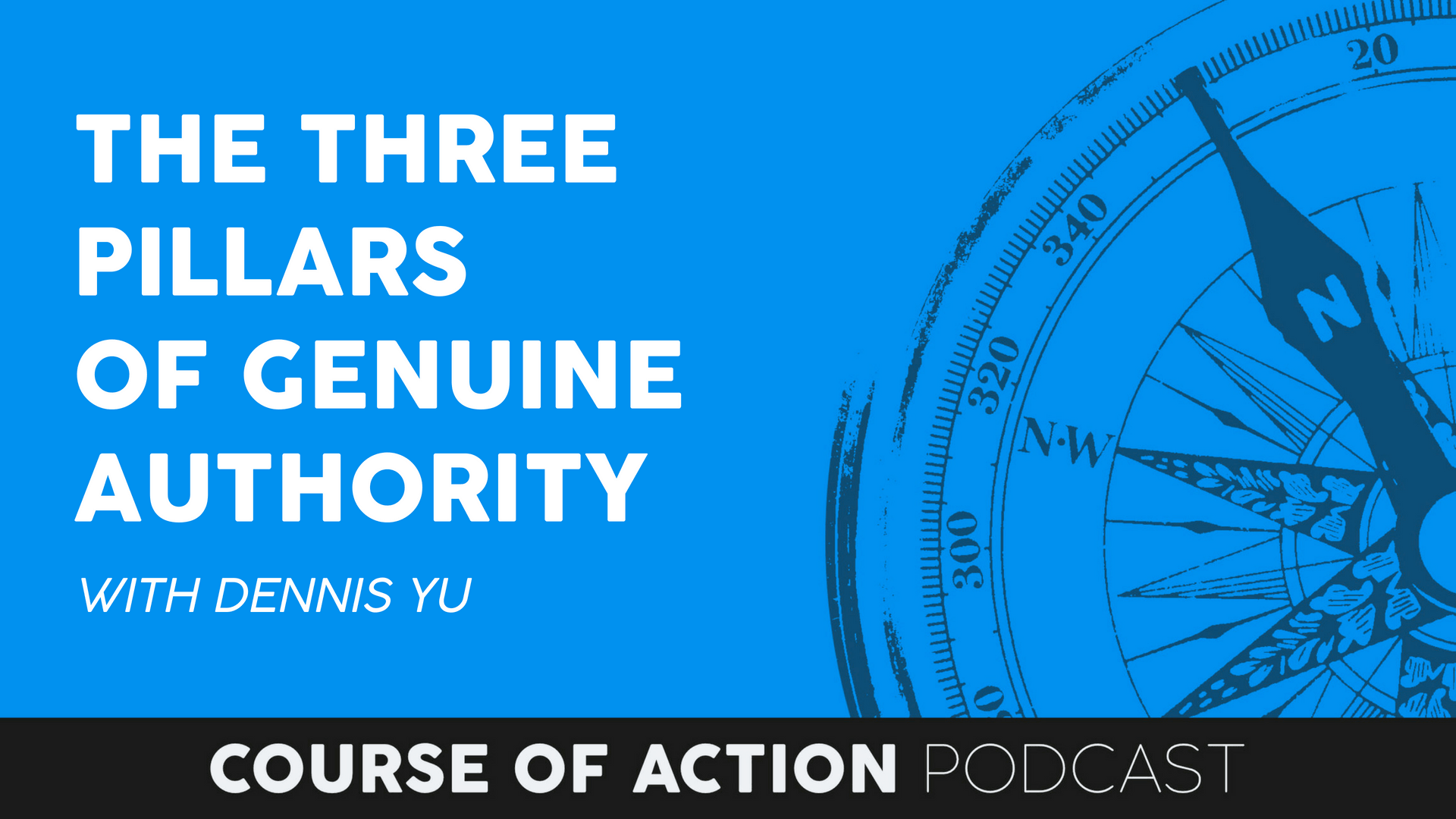
Dennis Yu is one of the most influential people in digital marketing and Facebook advertising.
He used to run analytics at Yahoo, he’s held leadership positions at American Airlines, and now he runs a digital marketing agency called Blitzmetrics that partners with schools to train young adults in marketing. Their clients include everyone from Rosetta Stone, Golden State Warriors to Nike.
That aside, he’s one of the most down to earth, smartest guys you’ll ever meet.
What You’ll Learn in This Episode:
-
- The 3 Pillars of Authority: content, people, and properties – and how each works to build real, lasting authority.
- The difference between emotional and rational thinking when making a purchase decision, and how most companies miss the mark by trying to make the potential buyer do both at the same time.
- How to build a topic wheel with your content to create lasting authority on and off your site.
The Cheatsheet:
“The whole thing about marketing and advertising is that people turn the volume up to get louder if they want to sell.”
- Authority is proof and trust.
- Authority doesn’t necessarily imply underlying competence and capability.
- Authority is also a shortcut to the purchasing decision.
- To be able to survive in a world where there’s more information, you need authority to be able to bridge those gaps.
“…authority encompasses word of mouth and loyalty brand preference, habits, what your friends are saying, what you read about in a newspaper…”
- Fake authority is not as powerful as word of mouth.
- Real authority is built in trust. Proof from family and people in your network sharing their experiences.
“Authority is: ‘This is good enough that I don’t have to do all the research to decide which one of these things to buy or who to hire.’ “
- The next stage of authority trickles into everyday things you buy, like being influenced to buy items at supermarkets by brands that have authority.
- You start to realize that authority affects every decision that you make.

“There’s content, people, and properties, and we’re leading with content.”
- Content has three subcomponents:
- Stories,
- Monitoring, and
- Your article library
- Think about content as proof.
- The more detail you’re able to show something, the more proof that is that you know. Video and images are more powerful than text or testimonial.
- Ultimately, the most authoritative content is teaching transparently: here’s how to do something and how the system works.
“…Content authority is teaching people, helping them understand, helping them get over the kind of fear they have.”
- People often don’t buy because they don’t understand – focus on education.
- Any time a consumer makes a decision to buy something they need to be educated.
- Fear is usually because of lack of understanding. When you have understanding, you won’t have fear.
- Educating and equipping people is what causes them to buy.
“… Whoever has the most authority is the one you want to say it.”
- Odds are you are not the one in your industry that has the most authority, but you can get someone else to say it about you.
- Have the Mark Zuckerberg or the Michael Steltzner in your network/industry mention you. Then, those high authority people are creating something for you – implied endorsement.
- Sharing content from other people’s site instead of your own is authority from people.
“…the topic wheel is what anchors the content pillar of authority.”
- The Topic Wheel has three concentric rings – an outer layer, a middle layer and the center.
- A series of WHY stories; helping people understand who you are, not selling or trying to teach.
- The topic wheel aims to build systematically intentionally, not randomly.
“Properties have trust. Because of the peer pressure of people having gone through it many times.”
- The importance of sending people to other sites with more authority (way more authority) than yours like USA Today or CNN.
- Examples: guest posting, authorships, features, and mentions.
- Generate trust with the people that we would like to buy from us.



